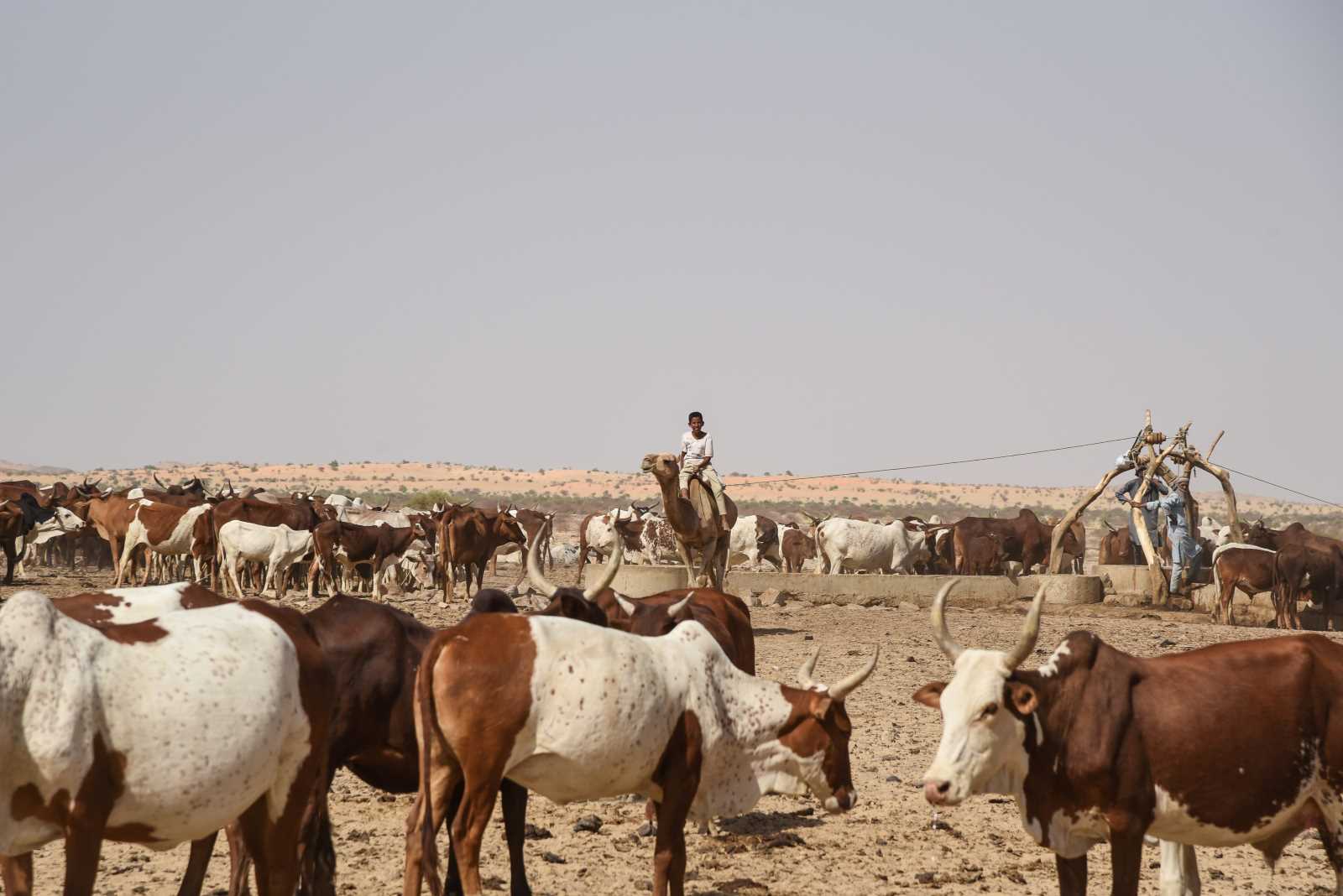Self-serving African presidents back off from ICC
President Pierre Nkurunziza of Burundi went first. This month, his government declared it would terminate its ICC membership. The reason is obvious. The ICC has started to investigate the violence that has been marking Nkurunziza’s rule since early 2015.
Protests first erupted when he declared he would run for office for yet another term in spite of constitutional rules forbidding him to do so. Limited terms for the head of state, moreover, were part of the Arusha agreement which had ended Burundi’s civil war in 2000.
Burundi’s top judges nonetheless declared that Nkurunziza had the right to run again – but before that judgement was passed, some of them had been forced to flee. There was an attempt to topple Nkurunziza in a military coup, but the coup failed, and the security forces have been torn ever since (http://www.dandc.eu/en/article/tensions-are-growing-and-violence-increasing-within-burundis-security-forces). Elections have been held, but international observers claim they were neither free nor fair. In view of brutal and deadly repression, tens of thousands have fled to neighbouring countries.
Nkurunziza backed off from the ICC because he does not want to be indicted, but that may yet happen. The ICC’s jurisdiction over Burundi may cease with Burundi’s exit, but legal experts argue that it will not cease retroactively, so investigations of what has happened so far will stay entirely within its mandate. Moreover, the UN Security Council can give the ICC a mandate to investigate cases that concern non-members.
South African President Jacob Zuma does not like the ICC for a different reason. His country’s leading judges have declared that his administration breached its legal duties when, in spite of an ICC arrest warrant, it let Sudan’s President Omar al-Bashir escape from a conference he was attending in South Africa last year. Zuma’s government now argues that it would be wrong to enforce regime change by arresting a head of another sovereign state. In this view, al-Bashir deserves immunity simply because he is in office, no matter what kind of crimes he is guilty of.
This idea of sovereignty is outdated. Human rights matter, so the top leader of a country is not entitled to do whatever he wants in immunity. The ICC was set up so the international community would be able to deal with war crimes and crimes against humanity in cases where the culprits are unlikely to be taken to justice at the national level. The ICC is thus designed to put people like al-Bashir, who is accused of organising genocidal violence in his country’s Darfur region, on trial.
Uhuru Kenyatta is another African President who has cast doubt on the ICC’s legitimacy, though, so far, his country, Kenya, has not indicated it is leaving. Kenyatta has argued that the ICC is racist and imperialist because it has so far only started cases against African leaders.
Kenyatta’s stance is double-layered, however. When he was running for office in 2013, he promised he would cooperate with the ICC which was investigating his role in post-election violence five years earlier. After coming to power, however, he began to disdain the court and intimidate witnesses. The case was ultimately dropped, and Kenyatta has kept railing against the ICC ever since.
The anti-ICC rhetoric is not anti-imperialist however. It is basically anti-people. What the ICC is doing, after all, does not serve immediate interests of any imperial power. It is investigating crimes committed by Africans in Africa. It is telling that all of the three presidents mentioned in this blog post have personal stakes in the matter.












